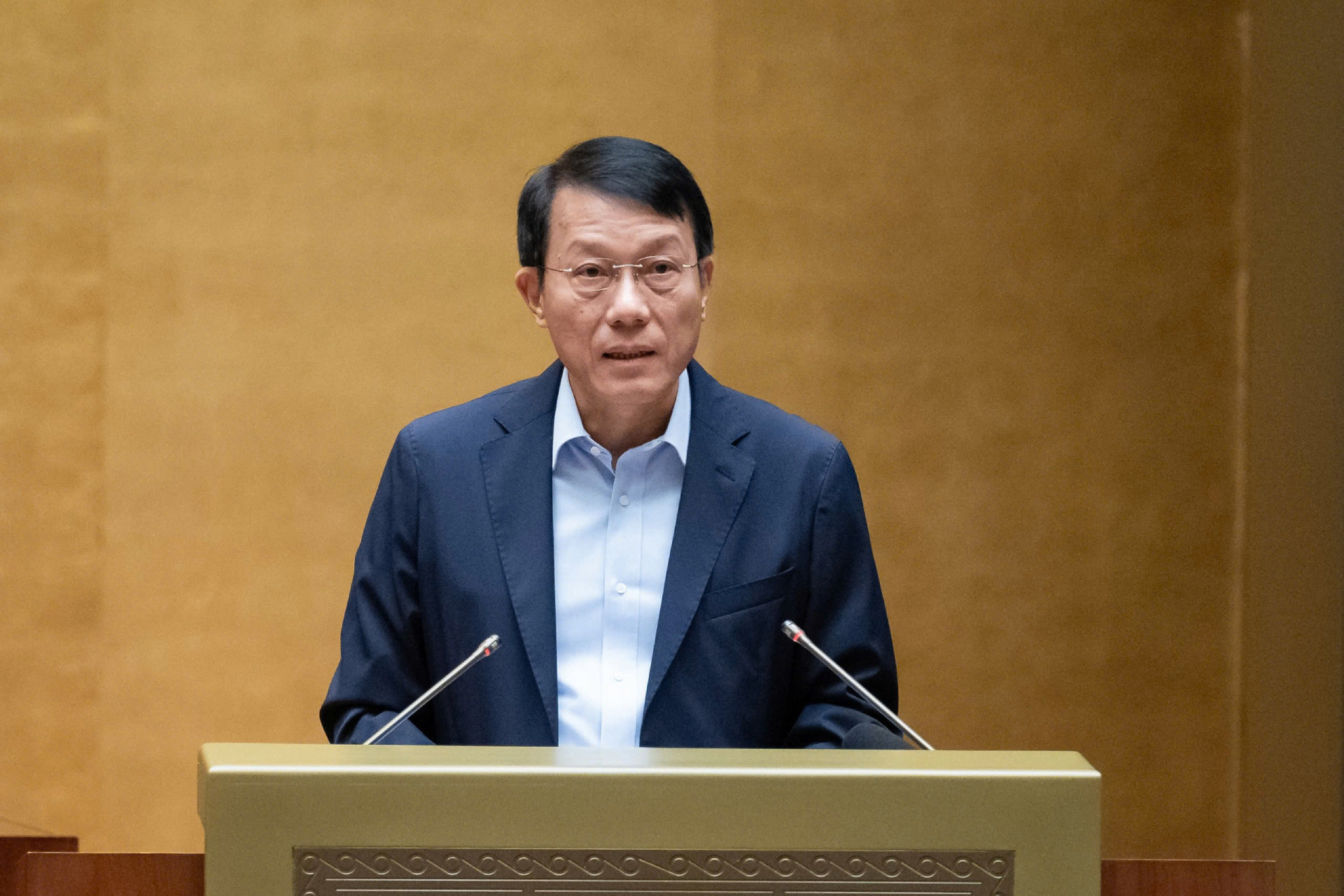The Vietnamese government has submitted a proposal to the National Assembly seeking to abolish the death penalty for eight out of 18 crimes currently eligible for capital punishment, including high-profile offenses such as embezzlement and accepting bribes.

On behalf of the Prime Minister, Minister of Public Security General Luong Tam Quang presented the draft amendments to the Penal Code, citing that the current 2015 Penal Code (amended in 2017) has revealed significant shortcomings after more than eight years in effect.
He noted that the current structure of capital punishment remains problematic and, in some cases, misaligned with evolving socio-economic conditions and the realities of crime prevention.
The government stressed that certain penalties, including prison terms and fines, lack sufficient deterrent value - particularly for crimes involving drugs, environmental violations, counterfeit goods, and food safety.
As part of the proposed reforms, the government suggests introducing life imprisonment without parole as a primary sentence, intended to replace the death penalty in specific cases. This sentence would ensure that offenders remain permanently removed from society while eliminating capital punishment.
The eight offenses proposed to be exempt from the death penalty include: subversive activities to overthrow the government, espionage, sabotage of national infrastructure, producing or trading counterfeit medicines, illegal transportation of narcotics, embezzlement of state assets, receiving bribes, and crimes of aggression such as war initiation or peace disruption.
Under the draft, individuals suffering from terminal illnesses such as late-stage cancer or AIDS with opportunistic infections would also be exempt from execution.
To maintain the effectiveness of law enforcement and legal deterrence, the government also proposes doubling fines for corruption-related offenses. Additionally, penalties for environmental, counterfeit, food safety, and drug-related crimes would be increased to align with international legal standards.
The draft includes a new regulation under Article 256a regarding unauthorized drug use. Individuals who have undergone or are undergoing voluntary or mandatory drug rehabilitation, or treatment with substitute medications, will face 2–3 years in prison if caught using drugs. Repeat offenders could receive 3–5 years.
Regarding life imprisonment without parole, two differing opinions emerged during the National Assembly’s Judicial and Legal Affairs Committee review. The first supports the proposal, arguing that this penalty complements the plan to eliminate capital punishment while maintaining strict accountability. Some lawmakers also advocate for a broader review of all serious crimes, including those that previously carried the death penalty, to ensure consistency in criminal policy.
The second view criticizes the proposal to create a separate penalty of life imprisonment without parole, suggesting it is functionally identical to regular life imprisonment and could cause inconsistencies in sentencing policy.
This group recommends instead amending existing laws to clarify specific cases where parole or sentence reductions should not be allowed, similar to current clemency restrictions.
A majority of the committee supported the first viewpoint, favoring both the abolition of the death penalty for the selected crimes and the introduction of life imprisonment without parole.
Tran Thuong